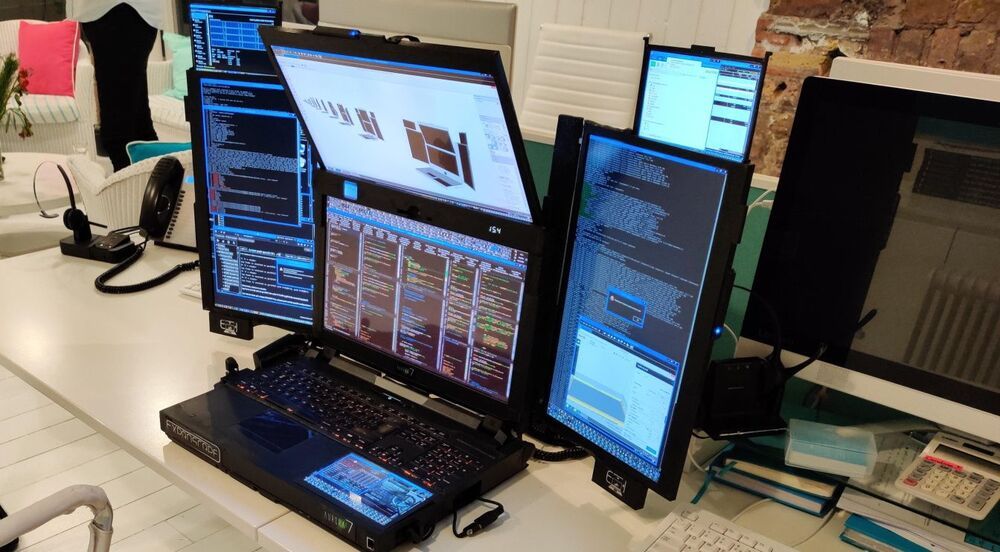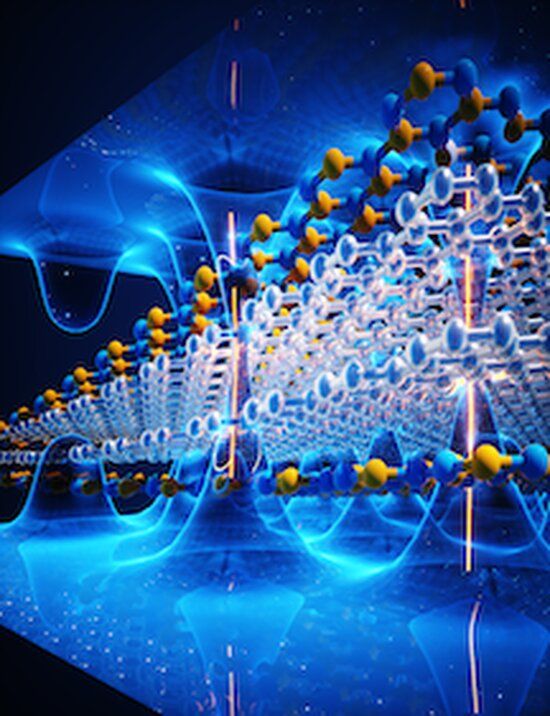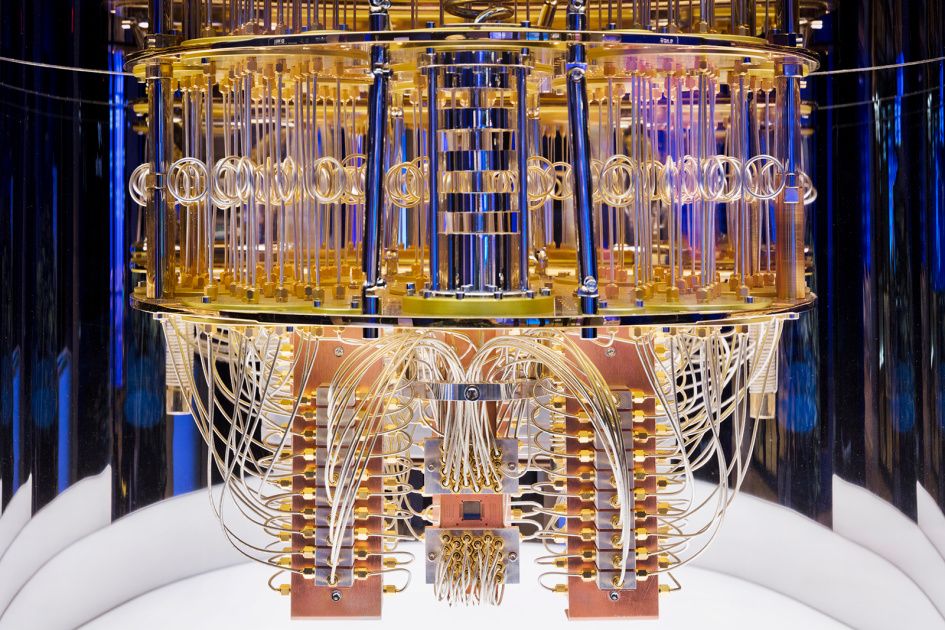You can’t see where the implant is and he’s a happy monkey.



Quantum Encryption, Privacy Preservation, And Blockchains — Dr. Vipul Goyal, NTT Ltd. Cryptography & Information Security Labs
Dr Vipul Goyal is a senior scientist at NTT Research (a division of Nippon Telegraph and Telephone Corporation, a telecommunications company headquartered in Tokyo, Japan.) and an Associate Professor in the Computer Science Department at Carnegie Mellon University (CMU), where he is part of the Crypto group, the theory group, a core faculty at CyLab (CMU security and privacy institute) and the faculty advisor of CMU Blockchain Group.
Previously, Dr. Goyal was a researcher in the Cryptography and Complexity group at Microsoft Research, India.
Dr. Goyal received his PhD from the University of California, Los Angeles.
Dr. Goyal is broadly interested in all areas of cryptography with a particular focus on the foundations of cryptography. Currently his research topics include secure multi-party computation, non-malleable cryptography, and foundations of blockchains.

In this video I show how I made a self-organisating network of Kuramoto-style oscillators in a system undergoing metaheuristic-guided synchronization. There are also ways to visually demonstrate this with relatively simple hardware, such as using modified microelectronics, controlled using microcontroller circuits.
In this project, which I have dubbed “Feynman’s Quantum Fireflies” I program individual systems of oscillators which display discontinuous pas coupling which can be implemented in a network of transceiver circuits. Using the Path Integral Approach is one way to understand how the system behaves like a quantum thermal bath.
This example is a self-organising network of flashing optical transceiver circuits, each circuit containing and RGB LED and phototransistor.
Each circuit is programmed under a simple principle of discontinuous pas-coupling as discussed before to achieve synchronization but this results in behavior across the entire network space that is a collective emergent behavior that has not been explicitly programmed, it emerges as a discrete simulation of a pseudo-quantum system.
This emergent behavior of the network is in fact a visual demonstration of how the network regulates itself over time to the most energy efficient configuration possible, which is to the state of most uniform synchronisation.
We can understand this synchronized state as being the ground state of our whole system, which the set of oscillators wants to head towards.

MIT researchers and colleagues have discovered an important—and unexpected—electronic property of graphene, a material discovered only about 17 years ago that continues to surprise scientists with its interesting physics. The work, which involves structures composed of atomically thin layers of materials that are also biocompatible, could usher in new, faster information-processing paradigms. One potential application is in neuromorphic computing, which aims to replicate the neuronal cells in the body responsible for everything from behavior to memories.



ABS is partnering with Telemedia, a broadcasting and teleport service provider in South Africa, to improve its service offerings to customers in the Middle East and Africa region (MEA). ABS announced Monday that the company will gain access to a full suite of telecom services provided by Telemedia at its Johannesburg teleport. Telemedia will provide teleport fiber connectivity, data center hosting, and satellite uplink capabilities.
Telemedia said the partnership enables the company to further expand its broadcast and satellite connectivity services in the MEA.
“Our collaboration with Telemedia reinforces and strengthens our presence in the MEA and provides an extension to our global connectivity network,” Ron Busch, ABS’ EVP Engineering and Operations said. “[Telemedia’s] infrastructure offering with a solid track record, excellent customer support and can-do attitude during the COVID-19 pandemic shows its commitment to excellent customer service.”

Cloud computing is at a critical juncture. Millions of companies now use it to store data and run applications and services remotely. This has reduced costs and sped operations. But a new trend threatens the benefits that cloud computing has unlocked.
“Digital sovereignty” describes the many ways governments try to assert more control over the computing environments on which their nations rely. It has long been a concern in supply chains, affecting the kinds of hardware and software available in a given market. Now it’s coming for the cloud.
Governments around the world are passing measures that require companies to host infrastructure and store certain kinds of data in local jurisdictions. Some also require companies that operate within their borders to provide the government with access to data and code stored in the cloud.